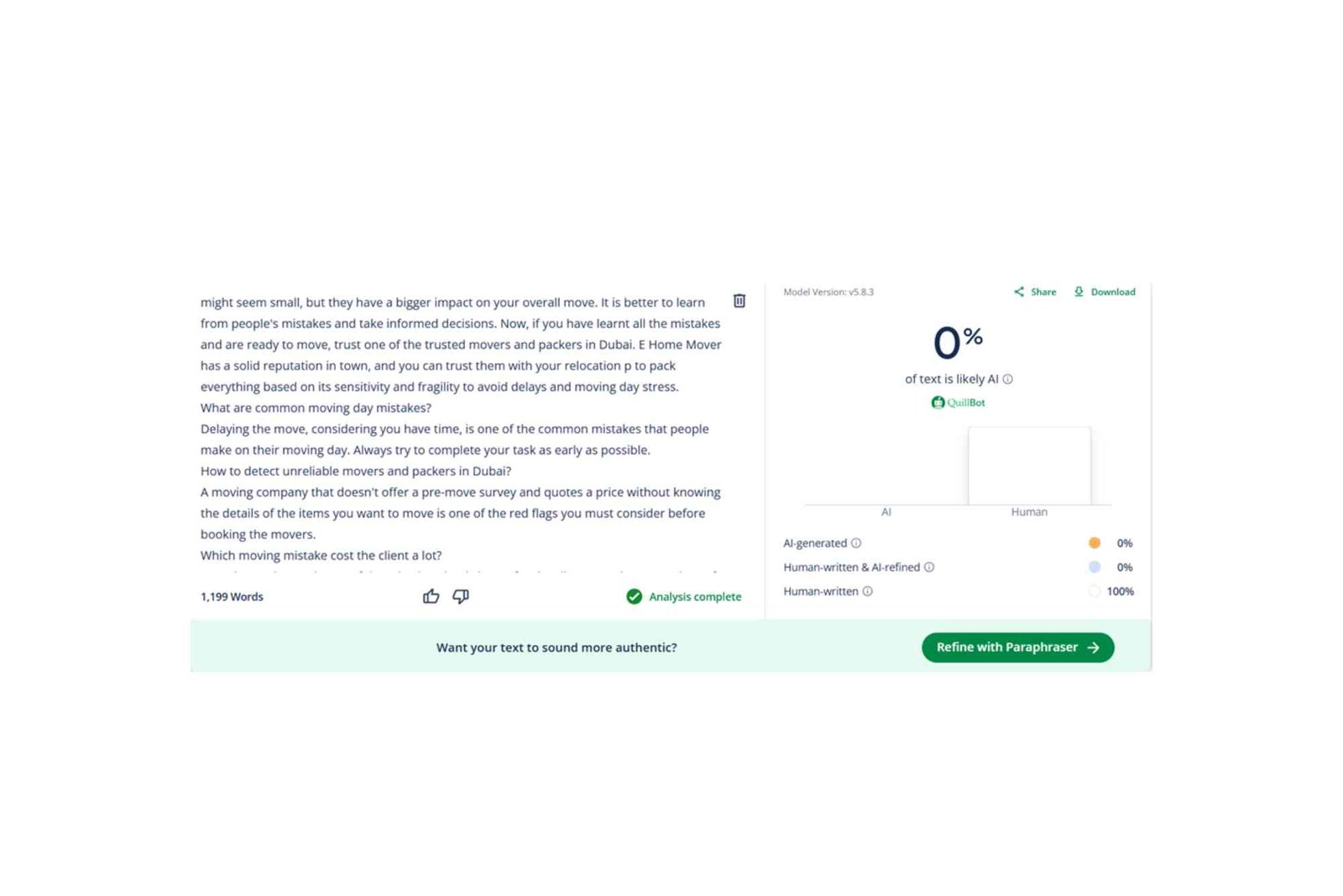The United Arab Emirates has emerged as one of the world’s most dynamic real estate markets, attracting investors and homebuyers from across the globe. With its strategic location, robust economy, and ambitious development projects, the UAE offers countless opportunities for those looking to make their first property investment. However, navigating this complex market as a beginner can feel overwhelming without the right guidance and knowledge.
Understanding the UAE Real Estate Landscape
The UAE real estate market is characterized by its diversity and rapid evolution. From luxury beachfront properties in Dubai to affordable family homes in Sharjah, the market caters to various budgets and preferences. The country’s seven emirates each offer unique investment opportunities, with Dubai and Abu Dhabi leading the charge in terms of international appeal and infrastructure development.
Foreign ownership laws have significantly liberated the market, allowing non-UAE nationals to purchase properties in designated freehold areas. This regulatory framework has opened doors for international investors and created a more transparent and accessible market environment. Understanding these ownership rights is crucial for beginners as they form the foundation of any successful property investment strategy.
The market operates on both freehold and leasehold bases, with freehold properties offering complete ownership rights to international buyers in specific zones. These designated areas include popular locations like Dubai Marina, Downtown Dubai, Palm Jumeirah, and various developments across Abu Dhabi. Each emirate has its own regulations and designated areas, making research an essential first step for any potential investor.
Key Factors That Influence Property Values
Several critical factors drive property values across the UAE, and understanding these elements will help beginners identify potentially profitable investments. Location remains the primary value driver, with proximity to business districts, transportation hubs, and lifestyle amenities commanding premium prices. Properties near major infrastructure projects often experience significant appreciation as development progresses.
Economic indicators play a substantial role in market dynamics. The UAE’s diversification efforts away from oil dependency have created new economic sectors, driving demand for both residential and commercial properties. Employment growth in finance, technology, tourism, and renewable energy sectors continues to fuel housing demand across various price segments.
Infrastructure development significantly impacts property values. The expansion of metro systems, new highways, and major projects like Expo legacy developments create ripple effects throughout surrounding areas. Beginners should monitor announced government projects and urban planning initiatives to identify areas poised for growth.
Market timing also influences deal quality. The UAE real estate market experiences cycles influenced by global economic conditions, regional stability, and local policy changes. Understanding these cycles helps beginners time their purchases to maximize value and minimize risk.
Researching Different Emirates and Their Opportunities
Each emirate offers distinct advantages and challenges for property investors. Dubai stands out as the most internationalized market, offering luxury developments, established infrastructure, and strong rental yields in certain segments. The emirate’s continuous innovation in urban planning and its position as a global business hub make it attractive for long-term investment strategies.
Abu Dhabi presents opportunities in both residential and commercial sectors, with government initiatives supporting sustainable development and economic diversification. The capital’s focus on becoming a cultural and educational hub has created demand for quality housing near institutions and cultural districts.
Sharjah offers more affordable entry points for beginners, with growing infrastructure and proximity to Dubai making it increasingly attractive. The emirate’s cultural significance and family-friendly environment appeal to long-term residents, creating stable rental markets.
The Northern Emirates, including Ajman, Fujairah, Ras Al Khaimah, and Umm Al Quwain, provide budget-friendly options with potential for appreciation as development spreads beyond the major centers. These areas often offer better value propositions for first-time buyers seeking affordable entry into the market.
Essential Research Tools and Platforms
Successful property hunting requires leveraging multiple information sources and platforms. Online property portals provide comprehensive listings with detailed specifications, pricing history, and market analytics. These platforms often include neighborhood guides, price comparison tools, and investment calculators that help beginners evaluate potential deals objectively.
Government websites offer valuable market data, regulatory updates, and official statistics that inform investment decisions. The Dubai Land Department and Abu Dhabi’s Department of Municipalities and Transport regularly publish market reports and transaction data that provide insights into market trends and pricing patterns.
Professional networks and real estate agencies provide local expertise and market intelligence that online resources cannot fully capture. Established agencies like Profound Properties offer specialized knowledge of local markets, helping beginners navigate complex transactions and identify opportunities that match their investment criteria.
Market research reports from international consulting firms provide broader economic context and future projections. These reports often analyze macroeconomic factors, demographic trends, and policy impacts that influence long-term market performance.
Financial Considerations and Budget Planning
Understanding the total cost of property ownership extends beyond the purchase price. Additional expenses include registration fees, agent commissions, mortgage processing fees, and ongoing maintenance costs. Dubai imposes a 4% registration fee on property transactions, while other emirates may have different fee structures.
Mortgage options for expatriates typically require higher down payments than those available to UAE nationals. Most lenders require 25-30% down payments for expatriate buyers, with some premium properties requiring up to 40%. Interest rates and loan terms vary significantly between lenders, making rate comparison essential for optimizing financing costs.
Ongoing costs include property management fees, utilities, community service charges, and potential renovation expenses. These recurring costs can significantly impact investment returns, particularly for rental properties where owners must factor them into rent calculations.
Currency considerations affect international buyers, as property transactions occur in UAE dirhams while many buyers earn income in other currencies. Exchange rate fluctuations can impact both purchase costs and ongoing investment returns, making currency hedging strategies worth considering for larger investments.
Timing Your Investment for Maximum Value
According to Global Property Guide, UAE property markets experience cyclical patterns influenced by global economic conditions and local development cycles. Understanding these patterns helps beginners time their purchases to maximize value and minimize risk.
Seasonal factors also influence deal availability and pricing. The period between November and March typically sees increased market activity as expatriate families relocate and weather conditions make property viewing more comfortable. This increased activity can lead to higher competition and prices, while summer months may offer better negotiating opportunities.
Off-plan purchases often provide better pricing than completed properties but carry additional risks including construction delays and developer reliability concerns. Beginners should carefully evaluate developer track records and project timelines before committing to off-plan purchases.
Market corrections and economic uncertainties can create excellent buying opportunities for prepared investors. Having financing pre-approved and maintaining flexibility in location and property type preferences allows beginners to capitalize on market dips and distressed sales.
Due Diligence and Legal Considerations
Thorough due diligence protects buyers from potential legal and financial complications. This process includes verifying property ownership through official records, confirming all permits and approvals are in place, and ensuring no outstanding debts or legal issues affect the property.
Legal representation becomes crucial for complex transactions or when dealing with off-plan purchases. Qualified real estate lawyers can review contracts, explain obligations, and ensure all regulatory requirements are met throughout the transaction process.
Property inspections reveal potential maintenance issues and structural problems that could result in unexpected expenses. Professional inspectors can identify issues not apparent during casual viewing and provide cost estimates for necessary repairs or upgrades.
Title verification through official government channels confirms legitimate ownership and reveals any encumbrances or restrictions that might affect the purchase. This verification process is particularly important when dealing with resale properties or properties in newer developments.
Building Your Investment Strategy
Successful real estate investment requires clear objectives and realistic timelines. Beginners should define whether they seek capital appreciation, rental income, or personal use when selecting properties. Each objective requires different location criteria, property types, and financing approaches.
Diversification strategies help minimize risk while maximizing opportunities across different market segments. Rather than concentrating investments in single locations or property types, experienced investors often build portfolios spanning multiple emirates and property categories.
Long-term market trends favor locations with strong fundamentals including job growth, infrastructure development, and demographic advantages. Beginners should focus on areas with multiple growth drivers rather than speculative markets dependent on single factors.
Professional guidance from experienced real estate professionals, financial advisors, and legal experts provides valuable support throughout the investment process. Building relationships with trusted professionals creates a support network that facilitates better decision-making and smoother transactions.
The UAE real estate market offers tremendous opportunities for beginners willing to invest time in research and education. By understanding market fundamentals, conducting thorough due diligence, and maintaining realistic expectations, first-time investors can successfully navigate this dynamic market and build wealth through strategic property investments. Success requires patience, preparation, and professional guidance, but the rewards can be substantial for those who approach the market with knowledge and discipline.




